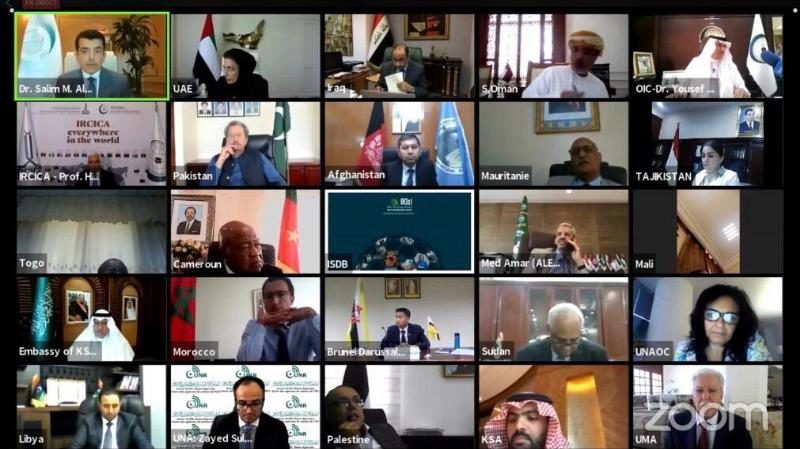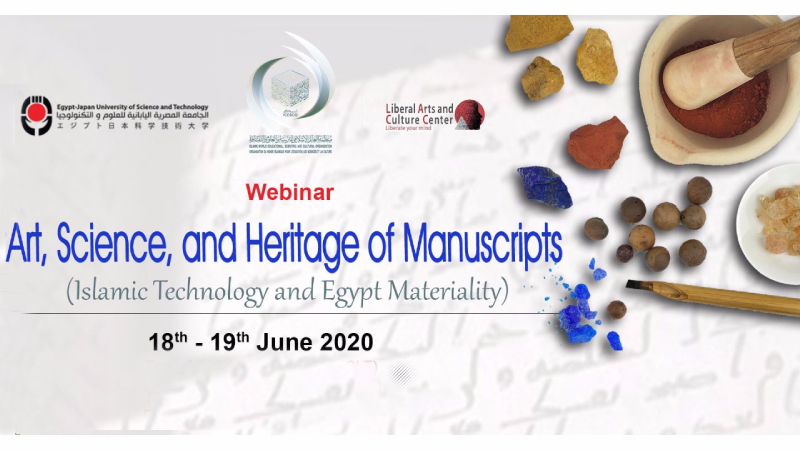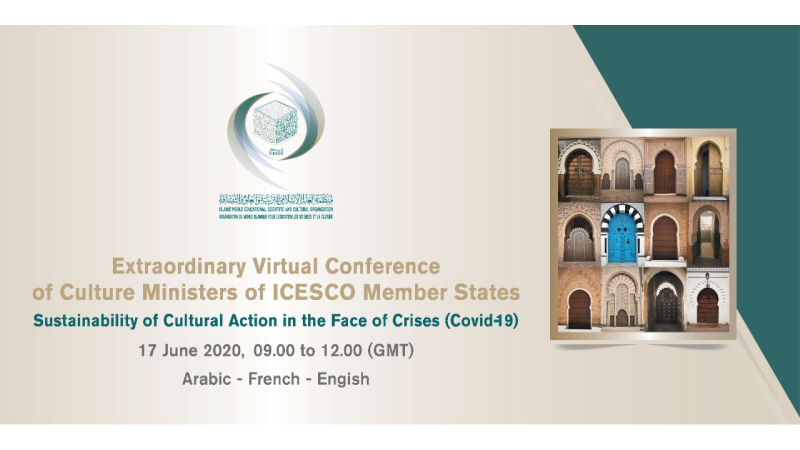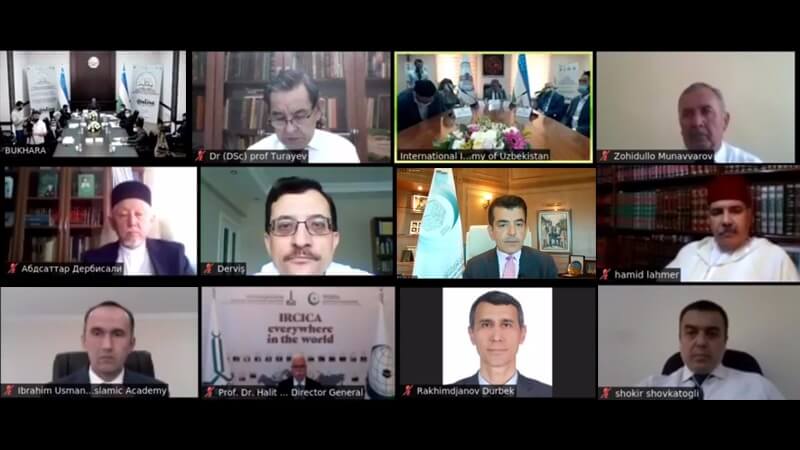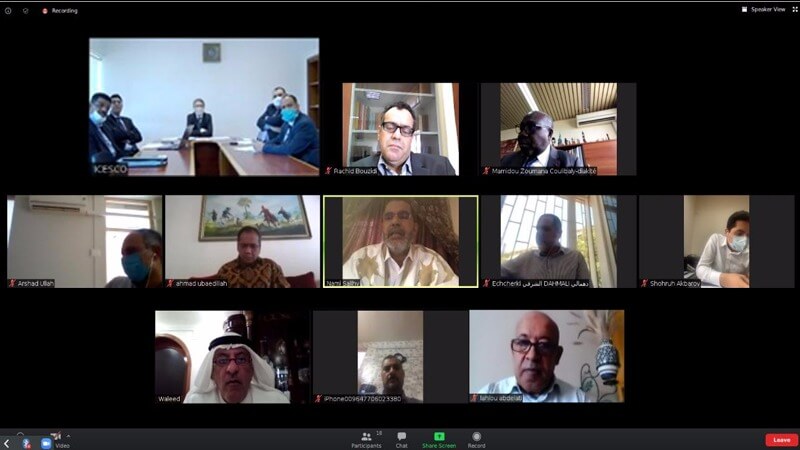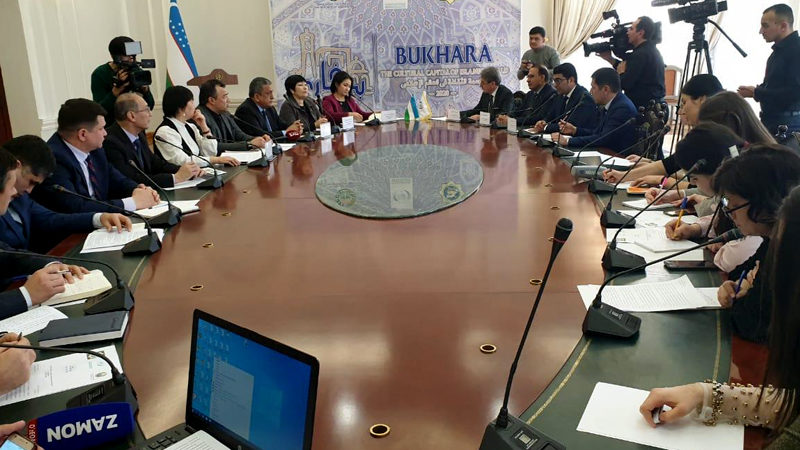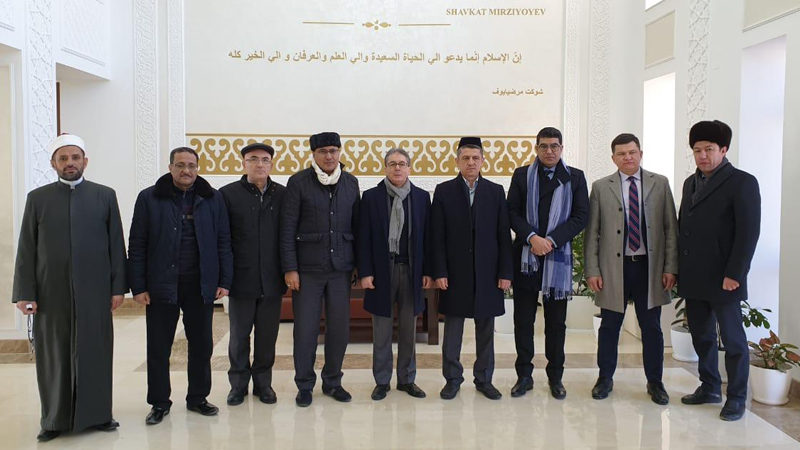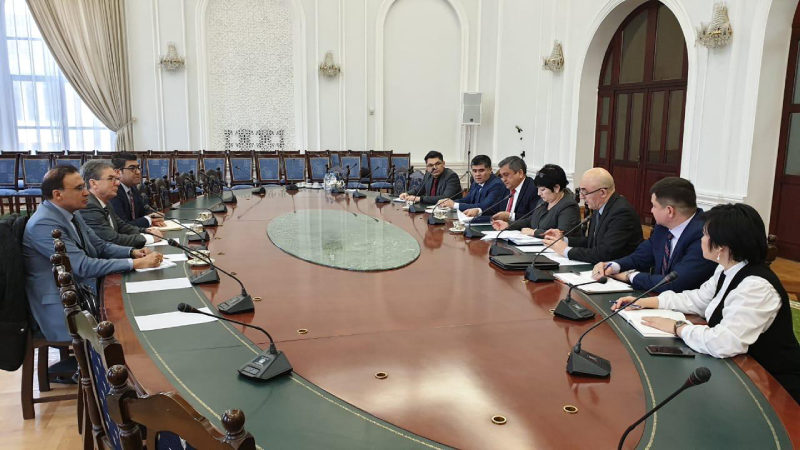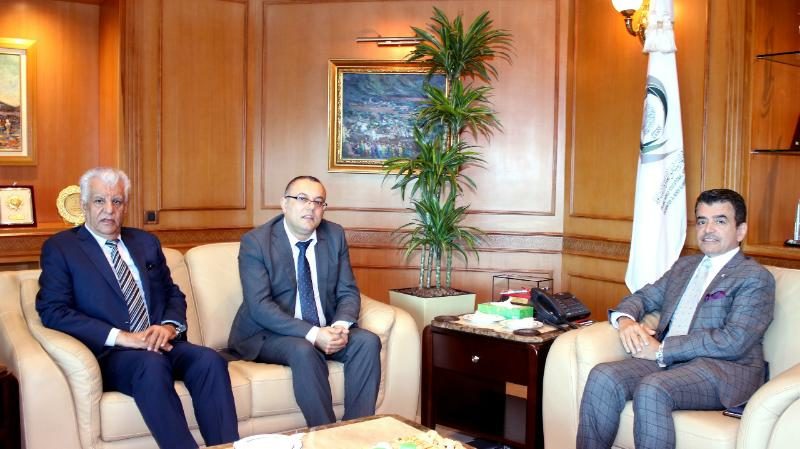Under the theme “Sustainability of Cultural Action in the Face of Crises (Covid-19)”, the Extraordinary Virtual Conference of Culture Ministers of ICESCO Member States kicked off today with the participation of 50 countries and 22 international organizations to explore the future of culture and its relation with tourism and sports.
Ms. Noura Al Kaabi, Minister of Culture and Knowledge Development of the State of the United Arab Emirates, President of the Conference, initiated the opening session thanking ICESCO, its Director-General and his assisting team for the organization of the Conference in these trying circumstances that gravely affected all cultural activities. She also stressed the importance of future cultural action and the necessity to use AI applications to this effect.
Then, Dr. Yousef bin Ahmad Al-Othaimeen, Secretary-General of the Organization of Islamic Cooperation (OIC), took the floor and called for a response by the OIC and its organs to the repercussions of the COVID-19 pandemic. In this vein, he lauded ICESCO’s outstanding efforts to support its Member States to overcome the impacts of this pandemic.
In her address read out by the Assistant UNESCO Director-General for Culture, Mr. Ernesto Ottone Ramírez, UNESCO Director-General pointed to ICESCO’s efforts in addressing the repercussions of COVID-19 pandemic; lauded its considerable action to support Member States overcome the consequences of the pandemic; and, underscored the crucial role that could be carried out by ICESCO to support digital transition efforts.
For his part, Dr. Salim M. AlMalik, ICESCO Director-General, reaffirmed in his address that digital culture, being the new face of future cultural action, needs to be adopted as a stable cultural methodology to ensure sustainable cultural action; develop cultural tourism and empower sports culture through the use of AI applications in cultural activities; and, engaging creative people in this process.
He also underlined that the transformations unfolding in the world today at all levels compel the Member States to lead the new cultural movement and confidently forge ahead, making use of foresight abilities to build a brighter future and safer societies for future generations. Besides, ICESCO Director-General stated that distance cultural programmes during the lockdown has immensely contributed to alleviating psychological and social pressure, and helped mitigate the impact of the closure of more than 95% of cultural institutions while commending the pioneering initiatives launched by ICESCO during these extraordinary circumstances.
At the close of the session, participants watched a video clip on the prizes earmarked by ICESCO to encourage artistic and literary creativity among the youth and rising generations.
At the keynote speakers’ session, Dr. Talal Abu-Gazaleh, Founder and President of Talal Abu-Gazaleh Global, delivered an address where he emphasized the importance of culture and personal skills development while pointing to the increasing demand for online learning as being the future method of education. “The world no longer needs mega infrastructures but requires a conducive environment for the evolution of sciences. If we truly want to reform our education system, we should do so based on a digital revolution to contribute to the building of the world of tomorrow and make our region the beacon for the entire globe”, he concluded.
In his address, Dr. Taleb Rifai, former Secretary-General of the World Tourism Organization (UNWTO), stated that tourism has formed part of human rights and that the current crisis can be an opportunity for the advancement of tourism and culture. He also called for a second exploration of our history and values, while calling on countries to seize this opportunity to focus on tourism and link it to culture as travel helps people open up to each other and tourism leads to the promotion of culture.
Consequently, Mr. Webber Ndoro, Director General of the International Center for the Study of the Preservation and Restoration of Cultural Property (ICCROM), said that ICCROM had already cooperated with ICESCO in the field of heritage preservation and conservation, hoping that this cooperation would continue to grow in line with the UN SDGs. Moreover, he pointed out that the Center launched a call for supporting Member States in their preservation and conservation of heritage efforts during the COVID-19 pandemic, with a focus on the African continent, which is in desperate need of such support in these hard times.
At the end of the session, the participants watched a short film on “ICESCO Portal for Islamic World Heritage,” established by ICESCO, out of its awareness that about 80% of cultural heritage in the Islamic world is in danger. Through this portal, heritage sites and elements of intangible cultural heritage will be inscribed on the Islamic World Heritage List (IWHL).

